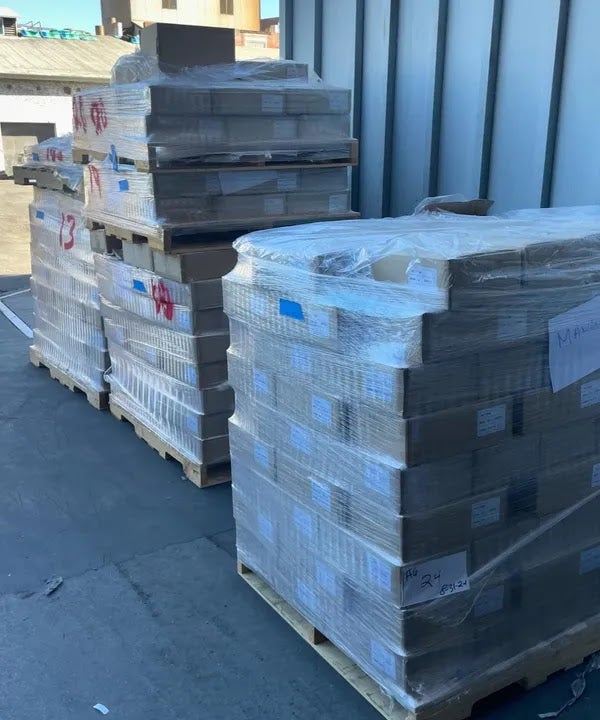As Thanksgiving celebrations near, supply chains face a surge in criminal activity.
A recent CargoNet report highlighted 174 thefts worth $7.84 million during Thanksgiving week over the past five years, with the post-holiday Monday marking the peak for theft and identity fraud. California, Illinois and Texas top the theft hot spots, while warehouses and unattended trailers are primary targets.
The study also describes how sophisticated criminals favor commodities like liquor, tires and freight-all-kinds shipments, often leveraging black market connections. Advanced scams, including fictitious pickups, fuel advances and fake shipper calls, make vigilance essential for the season.
To combat these threats, businesses should bolster verification protocols, secure trailers with high-grade locks and maintain strict warehouse security. Collaboration with law enforcement and proactive driver readiness can further mitigate risk. As thieves exploit extended closures and reduced staffing, a robust defense is the key to ensuring your freight stays secure during the holiday rush.
Check out the full report here.

Phishing frenzy
The global supply chain is increasingly under siege by cybercriminals using sophisticated phishing scams.
According to the World Economic Forum, freight and transportation companies are prime targets, with scams like double brokering seeing a 400% rise since 2022. In these schemes, threat actors impersonate legitimate companies, intercept sensitive shipment details and profit by undercutting rates while leaving victims with financial losses and damaged reputations.
Double brokering often begins with convincing phishing emails, exploiting human behavior rather than technical vulnerabilities. Criminals craft near-identical domains and use carrier numbers to build legitimacy, tricking victims into sharing load details. From there, they pocket the difference between carrier payments and the discounted bids.
To combat these threats, companies must strengthen their defenses through security awareness training, advanced phishing detection technologies and investments in cyber resilience. Tools like AI and machine learning can help identify evolving phishing tactics, while robust email verification processes can flag fraudulent domains.
Beyond technology, collaboration across the supply chain is essential to address vulnerabilities and share intelligence on emerging threats. As cyberattacks grow in sophistication, protecting the freight industry demands a mix of vigilance, innovation and unified effort to safeguard this global backbone.
Learn more tips to avoid cybersecurity crimes here.

Beauty and the bust
A recent operation by the California Highway Patrol’s (CHP) Border Division Cargo Theft Interdiction Program led to the recovery of $3.7 million worth of stolen beauty products near the Southern border. This bust highlights the ongoing efforts of CHP’s Organized Retail Crime (ORC) units across California.
Working closely with retailers in hot spots like Orange County, Los Angeles and San Francisco, the ORC units aim to recover stolen goods and dismantle sophisticated theft networks. Since its inception in 2019, program has made over 3,200 arrests and recovered more than $49 million in stolen merchandise, including $8.1 million in 2024 alone.
Read more about the bust here.

Macy’s says lone worker hid up to $154M in delivery expenses since 2021
Trucking co-owner sentenced for falsifying driving logs after fatal crash probe
Florida trucking company owner convicted in $112M Ponzi scheme







